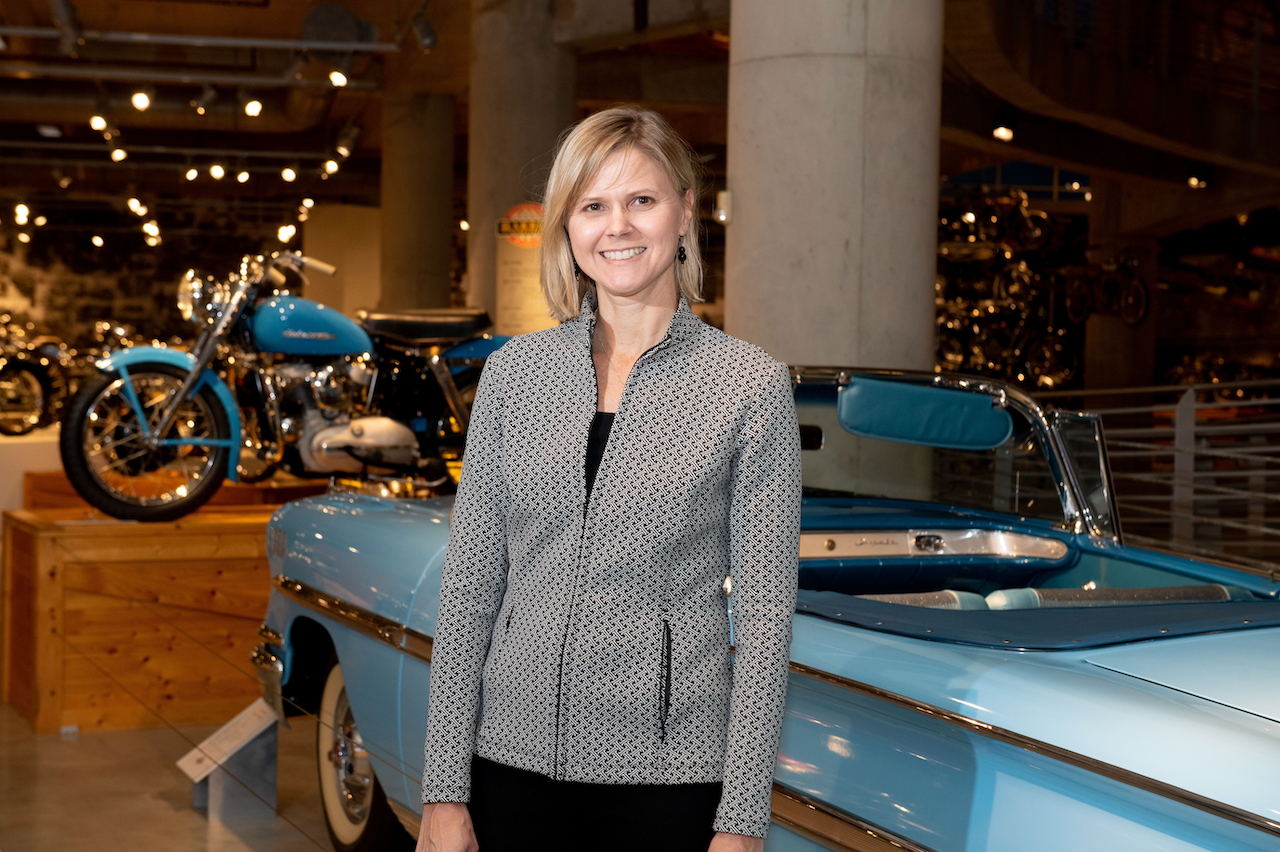As employees resign from jobs at record rates as part of “The Great Resignation,” many are looking for more meaning from their work and asking what makes work valuable. Yet, most of the voices providing answers fall short.
Some are simply practical. They either consider work a necessary evil that simply helps accumulate wealth, or they view work as valuable to the extent it offers enough tangible perks, such as enticing working conditions, greater pay and more flexible hours.
Others are too radical and dismiss the value of work altogether. Just last week, for example, Fox News Host Jesse Watters conducted an interview with Doreen Ford, a moderator of a popular “anti-work” subreddit on Reddit (which gained almost 1.7 million users over the course of the pandemic). The interview quickly turned into a caricature of every hard-working person’s worst nightmare, with a 30-year-old dog walker lamenting hard work, claiming that “laziness is a virtue,” and fantasizing how her 20-25 hour workweek might ultimately lead to a position teaching philosophy.
Of course, neither superficial nor outlandish perspectives will provide adequate answers to those who truly seek something deeper. Rather, answers are better provided through faith-inspired witnesses to a more authentic understanding of work.
Allow me to illustrate my point.
Several years ago, I joined the faculty at a parochial school, and a few days before the start of the school year (after teachers had already been at the school actively preparing for students for several days), my principal made a surprising announcement.
He told the faculty that we would have a “no workday” the day before students arrived. We would still come to school, but we could not work in the traditional sense. Instead, we could use the time to pray, read for pleasure, or simply enjoy time with our colleagues.
At first, I was a little confused. It wasn’t that I needed more time to get ready for the students. Like most of the faculty, I had lessons prepared for well into the school year. It was that, as a bit of a worker bee by nature, the very idea of letting time go wasted — of not actually working while I was, well, working, seemed incomprehensible. It also seemed inconsistent with my principal’s character. One of the traits I had admired about him was actually his work ethic. He was committed to the school’s mission, competent, attentive, knowledgeable, and worked tirelessly on behalf of his faculty and students. It didn’t make sense.
His reasoning why we were doing it, however, was simple and direct: “Because we are human beings, not human doings.”
I took his word for it and spent the next day sidelining the typical busyness (and self-generated pressure) and instead embracing the challenge. And by the time the students arrived, I can attest I felt more prepared, more relaxed, more rejuvenated … and yes, somehow more human.
It was then that I realized my principal had witnessed and attempted to infuse the school’s work culture with, a more authentic understanding of work that was grounded in a more complete understanding of the human person.
The fact is there is something deeper, even theological, about work that should allow people to feel “more human” because of it. Because we are uniquely made in God’s image and commissioned to be “fruitful,” “multiply,” and “subdue the earth,” we should be able to discover part of ourselves — and experience the joy that comes with it — through honest work that serves our family and community.
At the same time, because work itself is not our destiny, it shouldn’t inhibit our human flourishing or detract from our inherent dignity. It should never become so utilitarian or exploitative (or motivated strictly by production and profits) that it makes us feel less than human.
This deeply rooted need for us all to work in earnest, while also upholding and preserving our dignity, was perhaps summed up best by Martin Luther King, Jr. when he wrote, “No work is insignificant. All labor that uplifts humanity has dignity and importance and should be undertaken with painstaking excellence.”
And when employees and employers actually witness this deeper understanding of work, people take notice.
We notice, for example, when Chick-Fil-A closes on Sunday in spite of lost profits or offers scholarships and opportunities for the advancement of its workers. We notice when Hobby Lobby prioritizes people by devoting its mission to “serving our employees and their families by establishing a work environment and company policies that build character, strengthen individuals, and nurture families” or “providing a return on the family’s investment, sharing the Lord’s blessings with our employees, and investing in our community.” We notice when employers encourage family time, set limits on weekend work hours, nurture genuine relationships between employees, or provide time during business hours for group philanthropy. We notice when employees recognize their work’s dignity enough to perform it with joy — and when employers cultivate the kind of environment that allows them to do so.
But given that such witnesses are more often the exception than the rule, “The Great Resignation” might actually be a “great opportunity” for people of faith to cultivate the kind of society that can finally give so many workers the answers they seek.
Krissie Allen is a former attorney and English teacher who writes about issues impacting faith, society, and good sense. Her column appears every Tuesday in 1819 News. The views and opinions expressed here are those of the author and do not necessarily reflect the policy or position of 1819 News. To comment, please send an email with your name and contact information to Commnentary@1819News.com.










